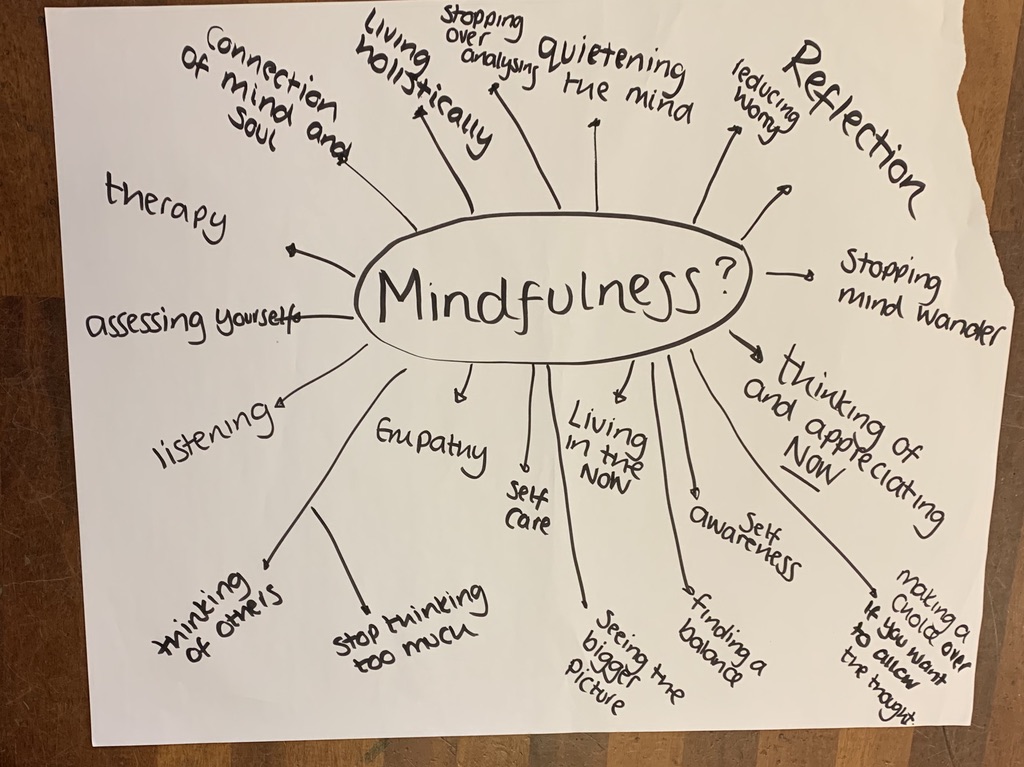Being mindful helps you:
- increase your attention span,
- get distracted less,
- learn more,
- stay calm when stressed,
- avoid getting overly upset,
- take your time rather than rushing,
- listen better to others,
- be more patient,
- get along better with others,
- feel happier and enjoy things more.
Being mindful helps people in just about every part of life. Learning how to be mindful gives you a chance to improve yourself and use mindfulness more frequently.
The more you practice mindfulness, the better you will get at it. Training the mind takes time but will allow you to achieve mindfulness the more you do it.
By doing mindfulness exercises, being mindful can come naturally when you need it in your everyday life. This can help when you're stressed, when you have to do something difficult, or when you have to focus. Each time you practice, you're training yourself to become more mindful.
Research shows that practicing mindfulness can improve your level of attention for just about everybody — including people with ADHD, or those that have trouble paying attention.
Anyone can practice mindfulness at any time as it is easy to do and only takes a few minutes a day.
Here are the basic steps:
- Sit in a relaxed, comfortable position. Pick something to focus your attention on, like a word that you repeat in your head or your breathing.
- Let's say you decided to focus on your breathing. Breathe normally and pay attention to each breath. If you want, you can close your eyes, as you breathe in and out. Take notice of your breathing without forcing it.
- You will notice that your mind can wonder away from paying attention to your breath. Maybe you will start thinking about what's for lunch, or whether you remembered to bring your car key, or that funny joke someone told at work. That's your mind getting distracted. It's natural, minds do that all the time!
- Whenever you notice your attention has diverted, gently remind yourself to pay attention to breathing again. That's how you train your attention.
- Keep breathing, keep relaxing, keep paying easy attention to your breathing. Can you feel the air tickling your nostrils? Do you notice how your breath gently moves your body? Can you pay attention to your stomach or your chest moving as you breathe? Keep bringing your attention back to the breathing every time your mind wonders. Try to do this for 5 minutes.
That's it! There are lots of other ways to practice mindfulness, like eating mindfully or even mindful walking, which you can do daily.
Mindfulness comes from Ancient Eastern and Buddhist philosophy and dates back around 2,500 years.
The concept of mindfulness was introduced to the western world by Jon Kabat-Zinn. Kabat-Zinn first encountered mindfulness through practising with Zen Buddhist meditation teachers and a Korean Zen Master.
He had further extensive training with teachers from various Buddhist traditions, and the yogic traditions. Kabat-Zinn developed the first formalised Mindfulness-Based Intervention (MBI) called Mindfulness-Based Stress Reduction (MBSR).

